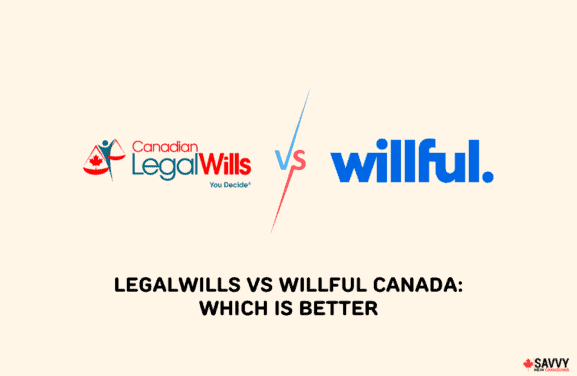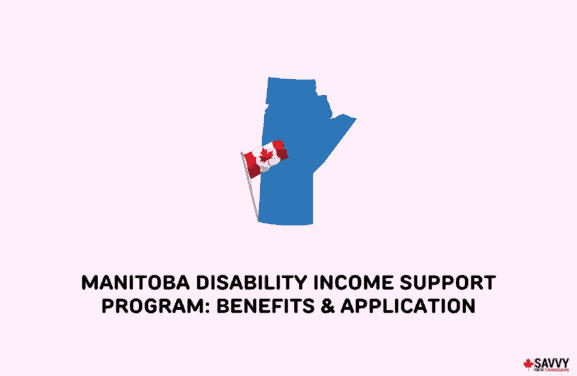The average household income in Canada is constantly changing, but it generally increases yearly.
Statistics Canada releases new information each year on the annual income in Canada, and the latest information shows that the median household income in the country is $68,400.
This article covers the latest updates about the average financial health of Canadians, including how household income differs across provinces, how many Canadians make over $100,000 per year, and the differences between the minimum wages in each province.
Key Takeaways
- The median household income in Canada is $68,400, according to the latest statistics.
- The province with the highest average household income is Alberta, with $77,000.
- The minimum wage varies by province, ranging from $15 per hour in Saskatchewan to $16.77 per hour in Nunavut.
What is the Average Household Income in Canada?
The latest official information on household income in Canada comes from the Canadian Income Survey.
According to the statistics, the median after-tax income for “families and unattached individuals” was $68,400 in 2021.
The same figure for 2020 was $66,800, representing an increase of $1,600, or 2.4%, over the previous year.
The report also includes figures showing the different average incomes by family type. For example, the median after-tax income in 2020 for two-parent families with children was $110,700, while for lone-parent families, it was $61,300.
The report states that the increase in income was greater for lower-income families and individuals. This was primarily due to programs that were put in place to help Canadians during the shutdowns caused by the COVID-19 pandemic.
Average Household Income By Province
While the median household income in Canada is $68,400, this differs by province.
According to Statistics Canada’s report on the median after-tax income, the highest median household income is in Alberta at $77,000, while the lowest median household income is in New Brunswick at $60,000.
Here’s a table of the provinces in the report:
| Province | Median Household Family Income |
| Alberta | $77,000 |
| Ontario | $73,000 |
| Saskatchewan | $68,200 |
| British Columbia | $68,500 |
| Manitoba | $64,700 |
| Quebec | $61,400 |
| Prince Edward Island | $62,500 |
| Newfoundland and Labrador | $62,100 |
| Nova Scotia | $60,200 |
| New Brunswick | $60,000 |
Statistics Canada also releases an average hourly and weekly earnings report for each month. For the past recent months, the average employee in Canada has been earning at least $1,200 per week, which works out to at least $62,400 per year.
What Are the Highest and Lowest-Paying Jobs in Canada?
No matter which province has the highest and lowest average incomes, one of the most important factors determining this is the job type.
Some jobs pay more than others, but which pays the most and the least?
According to CareerBeacon, at the top of the list is a Specialist Physician at $580,000. A Family Physician follows this at $414,390 and a Judge at $376,000.
Next is a Senior Manager of goods production and transportation at $332,200, and Lawyers and Dentists follow at $272,550 and $261,517, respectively.
On the other end, the lowest-paying jobs are usually hourly. For example, a Service Station Attendant or Cashier can expect $16 per hour, and a Bartender $17 per hour.
What Percentage of Canadians Make $100,000 or More?
According to Statistics Canada, the number of people with an income of $100,000 or more in Canada was 3,081,930 in 2020.
Out of a total of 28,696,810 people with income, this works out as a percentage of 10.7%.
This number is going up every year. It was:
- 2,891,300 in 2019
- 2,680,080 in 2018
- 2,489,330 in 2017
- 2,254,180 in 2016
Looking further up the scale:
- 1,047,240 people had an income of $150,000 and over.
- 513,450 people had an income of $200,000 and over.
- 302,050 people had an income of $250,000 and over.
Further down the earnings chart, 11,335,310 people had an income of $50,000 and over in 2020.
What is the Minimum Wage By Province?
The minimum wage varies quite a bit across Canada, and it depends on the province you are in.
According to the Retail Council of Canada (RCC), the current lowest minimum wage is in Saskatchewan, where it is $14 per hour.
The highest minimum wage is currently in Yukon, where it is $16.77 per hour. This hourly wage increased from $15.70 on April 1, 2023.
Here’s a table of the current minimum wages in Canadian provinces:
| Province | Minimum Wage |
| Alberta | $15 |
| British Columbia | $16.75 |
| Manitoba | $15.30 |
| New Brunswick | $14.75 |
| Newfoundland & Labrador | $15.00 |
| Northwest Territories | $16.05 |
| Nova Scotia | $15.00 |
| Nunavut | $16.00 |
| Ontario | $16.55 |
| Prince Edward Island | $15.00 |
| Quebec | $15.25 |
| Saskatchewan | $14.00 |
| Yukon | $16.77 |
FAQs
According to the latest data from Statistics Canada, the average income of the top 1% of earners in Canada was $512,000 in 2020.
There is no set income to be middle class in Canada, but the general definition is a household earning between two-thirds and doubles the amount of the median household income.
According to the latest figures from Statistics Canada for 2020, 1,047,240 Canadians had an income of $150,000 or over.
Just over 4% of Canadians are currently millionaires.
The latest statistics from 2020 show that 10.7% of Canadians currently make $100,000 or more per year, totalling 3,081,930 people.
While there is no definition of rich, a salary of $100,000 would be considered a good salary in most Canadian provinces, while a salary of $200,000 or more would be considered very high.
The top 3.6% of salaries in Canada are $150,000 or over, and the top 10.7% of salaries are $100,000 or over. As such, the top 5% of salaries will fall somewhere between the two.
Related:



